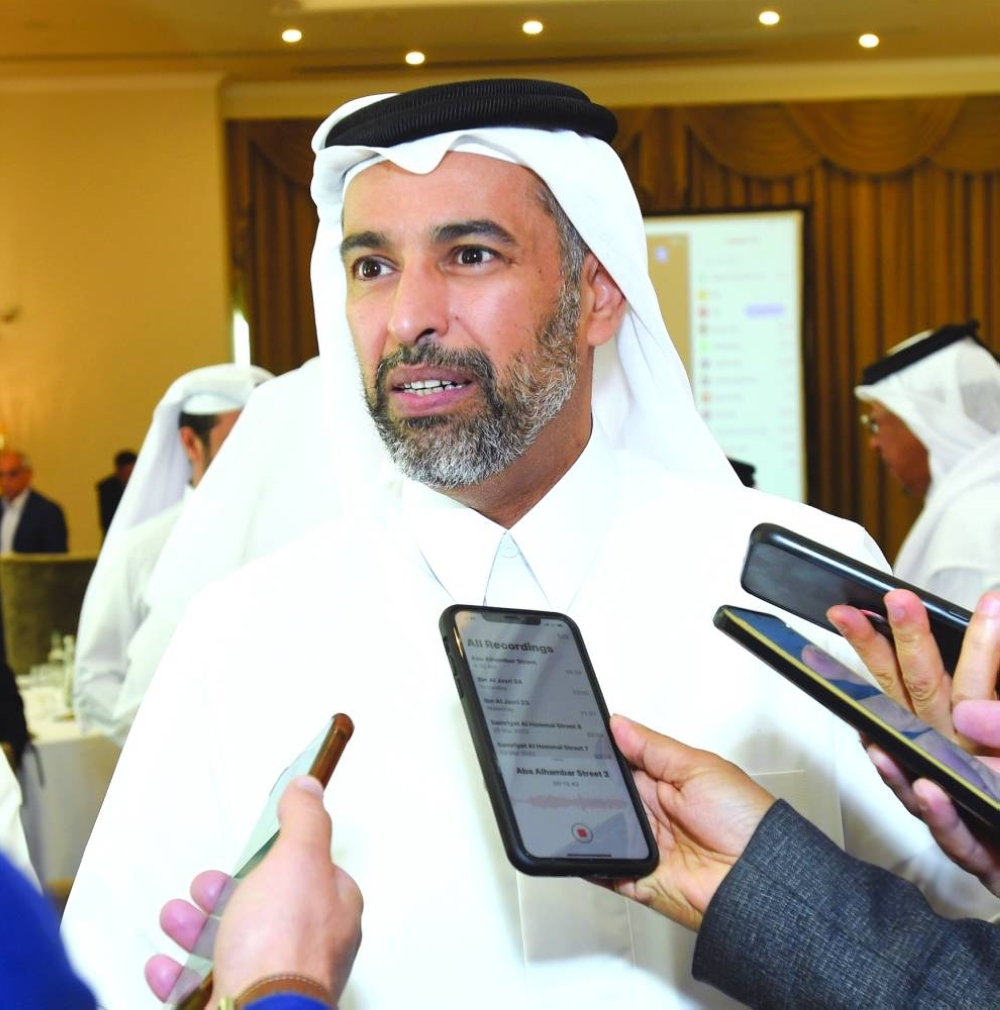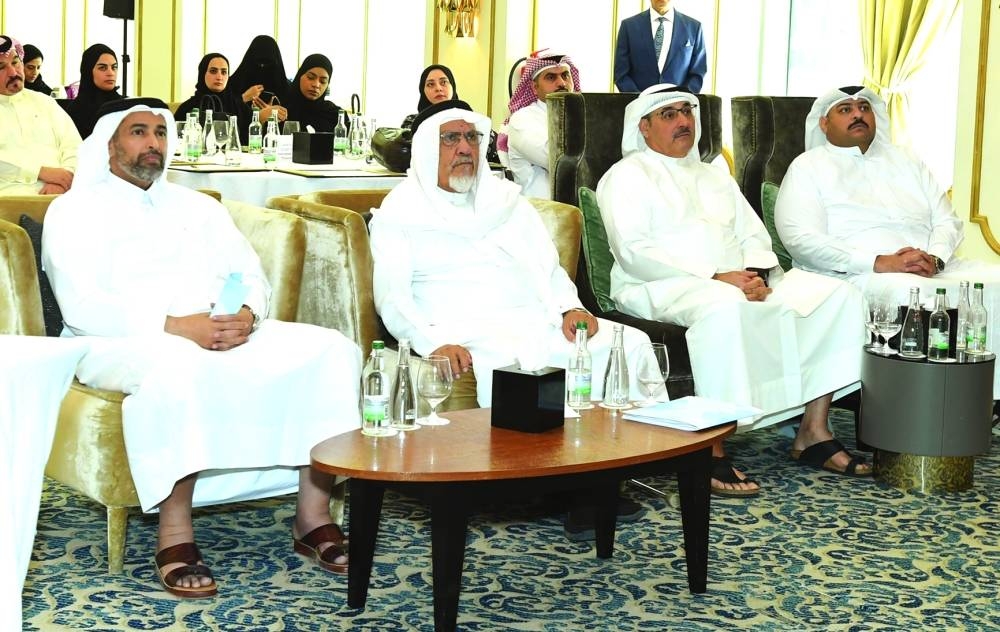Speakers at a seminar hosted by the Ministry of Environment and Climate Change have stressed the importance of regulations to encourage water companies to adopt good and sustainable manufacturing practices, in order to reduce the environmental impact of bottled water production.
Such practices included using renewable energy sources, reducing waste, replacing plastic with reusable glass and working to reduce carbon emissions, they said.
The Ministry of Environment and Climate Change hosted the 2nd Seminar on the Use of Bottled Water in the GCC Countries, which was organized by the Water Sciences and Technology Association (WSTA), in cooperation with the Secretariat General of the Gulf Cooperation Council (GCC), in the presence of HE the Minister of Environment and Climate Change Sheikh Dr Faleh bin Nasser bin Ahmed al-Thani.
For his part, WSTA President Prof. Abdulaziz al-Turbak, said that the GCC countries are the highest per capita consumers of water in the world, pointing out that a large percentage of the population did not use the water of government networks for drinking, despite the fact it was available with the highest international standards, subject to multiple quality monitoring systems and offered at reduced prices.
The speakers stressed the importance of using reusable bottles made of materials such as stainless steel or glass to reduce plastic waste and exposure to chemicals in plastic, and of installing water purification systems (filters) in residences and workplaces, to provide safe and clean drinking water without the need for bottled water. They further underlined the importance of proper recycling of plastic bottles.
Prof. Abdulaziz al-Turbak explained that the seminar focused on the legislative and regulatory aspect of the bottled water industry and market and featured experts and specialists from GCC countries, the associated costs and emerging issues related to it. It also touched on the role of the Gulf Standardization Organization in setting technical regulations and specifications according to the types of drinking water and the requirements of the bottled water label regulation, the safety and quality of drinking water, and the role of the Oman-based Food Safety and Quality Center and its vision, objectives and mission in food and water control.
He expressed appreciation to the Ministry of Environment and Climate Change for supporting and sponsoring this seminar.
In this regard, HE Sheikh Dr. Faleh bin Nasser bin Ahmed al-Thani stressed that hosting this seminar comes within the framework of the Ministry's support for the water strategy, its preservation and sustainability, and the strengthening of the role of local and Gulf civil society organizations to achieve environmental sustainability, pointing to the importance of the topic of the symposium, which represents a concern for all GCC countries that suffer from a lack of water resources, lack of rain and their dependence on groundwater.
The first symposium was held on January 9, 2020 in Kuwait under the title "Use of Bottled Water in the GCC", and focused on the consumption rates, types and sources of bottled water in the GCC countries; the reasons and motives for its use; the regulations and agencies responsible for ensuring its quality and its visible and unforeseen costs.

HE Sheikh Dr Faleh bin Nasser bin Ahmed al-Thani.

HE Sheikh Dr Faleh bin Nasser bin Ahmed al-Thani and other dignitaries at the symposium.
